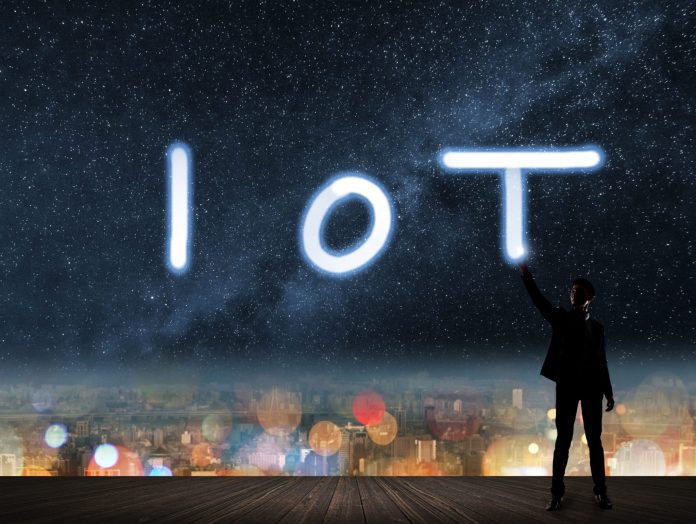The Taiwanese firm also announced NB-IoT cooperation with China Mobile
Taiwanese chipmaker MediaTek has recently unveiled its first narrow band internet of things (NB-IoT) system-on-chip (SoC).
MediaTek’s new low-power MT2625 SoC supports a full frequency band (from 450MHz to 2.1GHz) of 3GPP R13 (NB1) and R14 (NB2) standards for a wide range of IoT applications including smart home control, logistics tracking and smart meters.
“LPWA has the power to truly unleash the potential of the IoT, representing a huge market opportunity,” said Jerry Yu, MediaTek corporate vice president and general manager of the home entertainment business group. “MediaTek was the first in the industry to support the full frequency band of 3GPP NB-IoT standards, and we are committed to continuing to invest in NB-IoT technology to meet the global market demand. By providing highly integrated, low power and robust connectivity technologies over the years, along with full-featured IoT software and hardware development platforms, MediaTek aims to enable developers and device makers of all sizes to quickly bring to market innovative NB-IoT devices.”
MediaTek’s MT2625 chipset combines an ARM Cortex-M microcontroller (MCU), pseudo-static RAM (PSRAM), flash memory and power management unit (PMU), the company said.
The company has also announced a collaboration with China Mobile to build a NB-IoT module around the new chipset. The module integrates with China Mobile’s eSIM card and supports OneNET, China Mobile’s IoT open platform.
HTC partners with Volkswagen for VR solutions
In related news, Taiwanese company HTC has teamed up with Volkswagen to develop virtual reality (VR) solutions and applications for internal production and logistics operations of the German car maker.
In cooperation with startup company Innoactive, HTC is integrating Volkswagen’s existing VR applications and related tools into a single platform, dubbed Digital Reality Hub.
The new hub delivers related VR applications to enable cross-brand and cross-site collaboration within the auto company, HTC said. Volkswagen can also utilize the VR platform for logistics training and cross-region virtual conference. Volkswagen will also use HTC Vive VR systems to roll out its new VR applications, HTC said.

